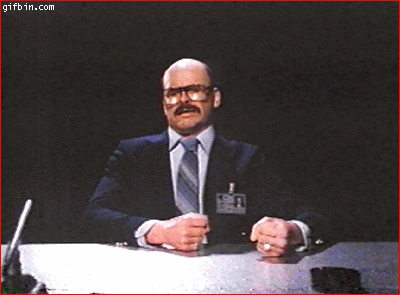It seems worthwhile to look at the effects of Brownback's failed tax reform efforts in Kansas, especially given that Paul Ryan has indicated that he'd like to implement something similar on a federal level.
Kansas’s conservative experiment may have gone worse than people thought
Kansas’s conservative experiment may have gone worse than people thought
When Kansas Republican lawmakers voted to raise state taxes last week, they were not only rebuking their own governor, they were tacitly admitting that his tax cuts hadn't produced the economic boom their proponents promised.
It is not just that tax cuts didn't achieve their purpose, though. New research suggests that the cuts were, in fact, counterproductive.
A working paper by economists at Oklahoma State University suggests that cutting taxes actually may have damaged Kansas's economy, resulting in fewer jobs, reduced incomes and a slower pace of growth.
Brownback brought down taxes beginning in 2012, allowing wealthy taxpayers to pay the same marginal rate as the middle class by eliminating the uppermost of the three brackets in Kansas's income-tax scheme. He also allowed taxpayers to exempt income from small business, with the goal of fostering entrepreneurship in the state.
The governor and his Republican allies said that these changes would have benefits for ordinary Kansans.
“Our new pro-growth tax policy will be like a shot of adrenaline into the heart of the Kansas economy,†Brownback wrote in 2012.
Since then, however, Kansas's economy has consistently lagged behind that of neighboring states and the country as a whole.
Gross state product  a measure of the overall size of Kansas's economy  increased about 7.8 percent less than it would have had Gov. Sam Brownback (R) not cut taxes, according to the paper, which is being reviewed for publication. The number of Kansans working has increased 2.6 percent less than it would have otherwise, the results suggest. Brownback's policies also reduced the share of the state's population participating in the labor force.
Reduced taxes forced the state to spend less, which could have brought down the overall level of demand for goods and services in the state, the economists believe. At the same time, concern about whether the state would be able to balance its budget might have deterred businesses from making major new investments.
Economists were not surprised by the results of the research. As the government in Kansas was forced to reduce its expenditures, the state's employees, suppliers and contractors had less money to spend. That, in turn, limited overall demand in the state.


